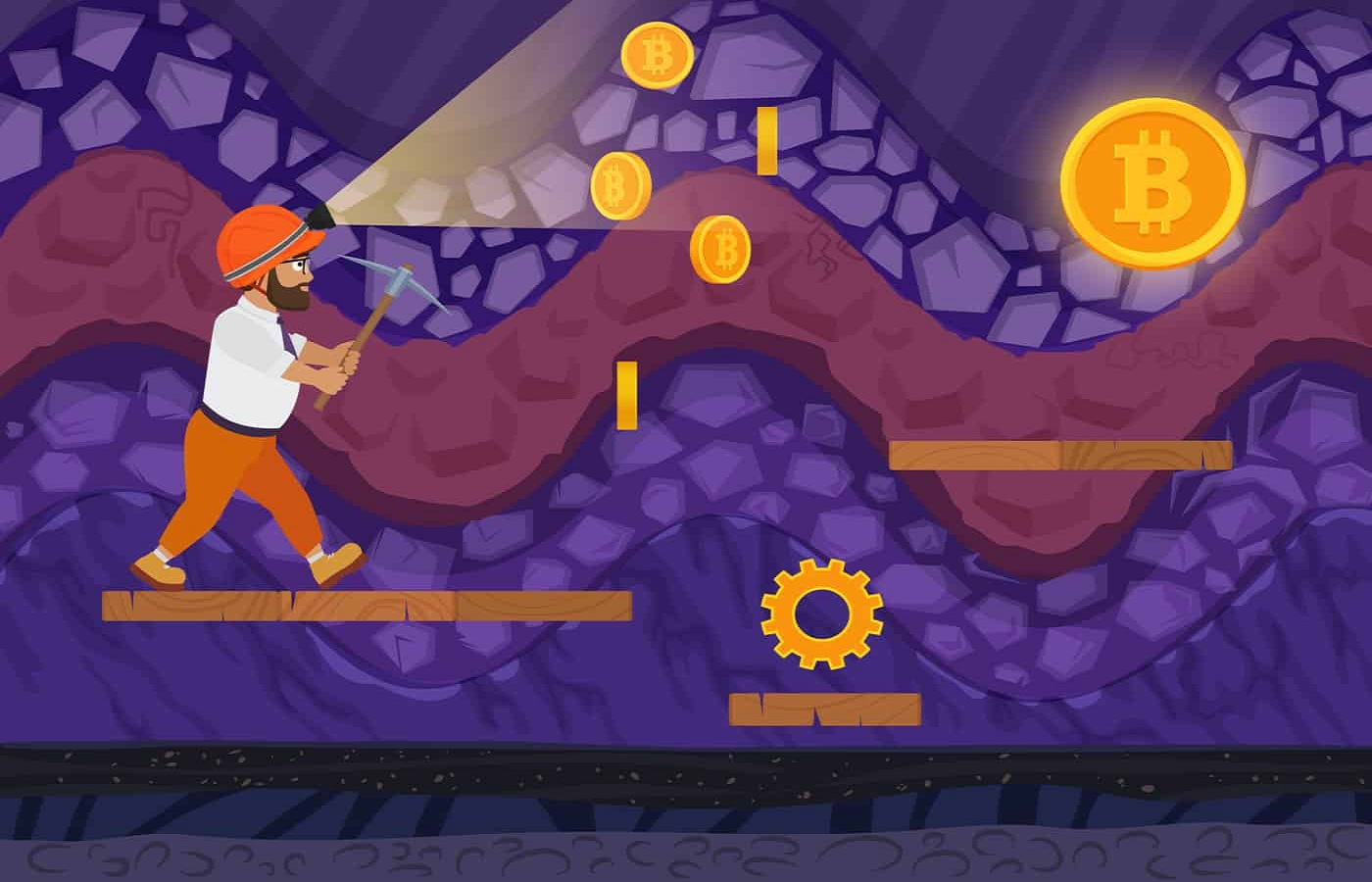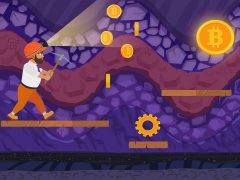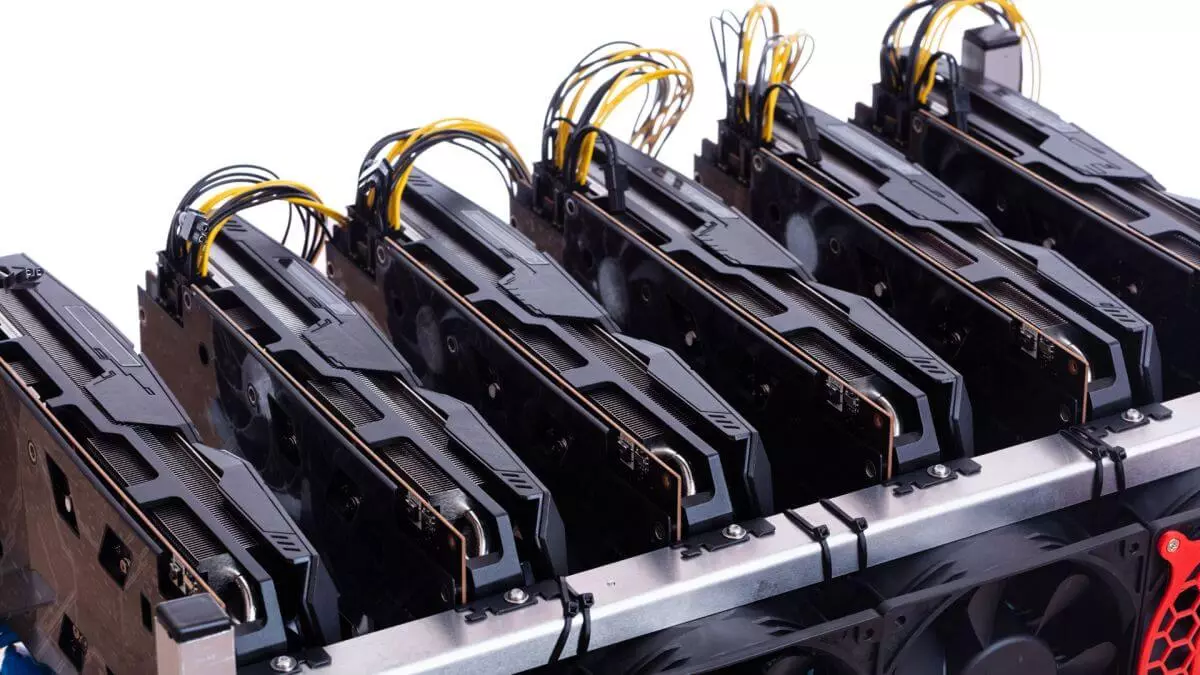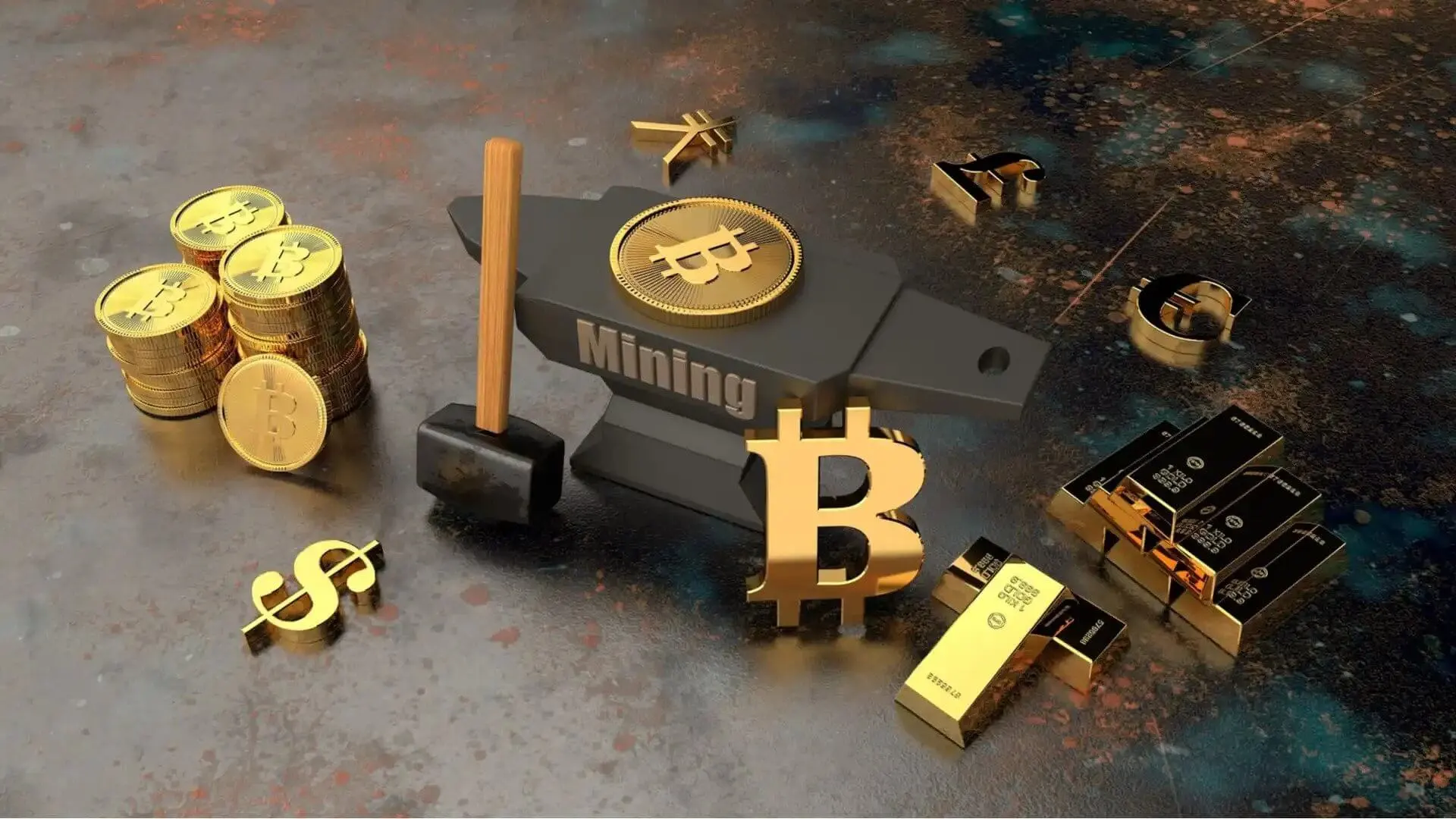Bitcoin is a digital currency that is not issued by any central bank, government or financial institution. New bitcoins are created through a process known as mining. But bitcoins are not taken from the ground like gold and other minerals. A cryptocurrency is extracted from complex mathematical calculations and layers of cryptography.
Those responsible for verifying, transmitting and recording these transactions on the blockchain are the miners — computers with great processing power, equipped with special hardware and connected to a network.

In practice, when you send a bitcoin to a friend, there’s a miner — or rather a supercomputer — checking every step of that transaction. It checks, for example, if you really have that amount, if you can spend it, your subscription is correct. In other words, miners are the auditors of the process.
How does bitcoin mining work?
Bitcoin mining has two goals: the first is to validate the transactions and the second is to record the valid transactions in the blockchain (public and decentralized ledger). But this record is only valid if there is consensus among the network participants (called nodes). This process is what guarantees the neutrality, security and functioning of the system.
But to validate transactions, these machines need to solve extremely difficult calculations, which are adjusted in real time by the network. Only after this issue is resolved, a new transaction block is added to the blockchain and the miner is rewarded for his effort. Currently, the reward is 12.5 bitcoins.
Yes, but it is not simple to get it. This is because there is fierce competition among all miners in the network in search of the reward. And whoever has more computational power to solve the calculations, ends up starting ahead. Furthermore, the difficulty increases as more participants enter the network. Resolving this issue to validate and log transactions into a valid block to add it to the blockchain can take, on average, 10 minutes.

As a writer, Richard is an advocate of blockchain technology and cryptocurrency in general. He writes about all things from cryptography to economics, with a focus on how it applies to cryptocurrencies. He is also passionate about writing about topics such as decentralization, open-sourced software development, and copyright law.









